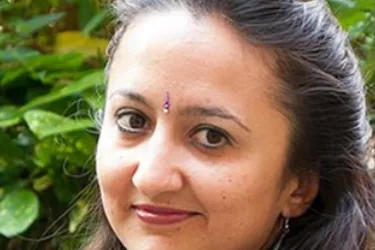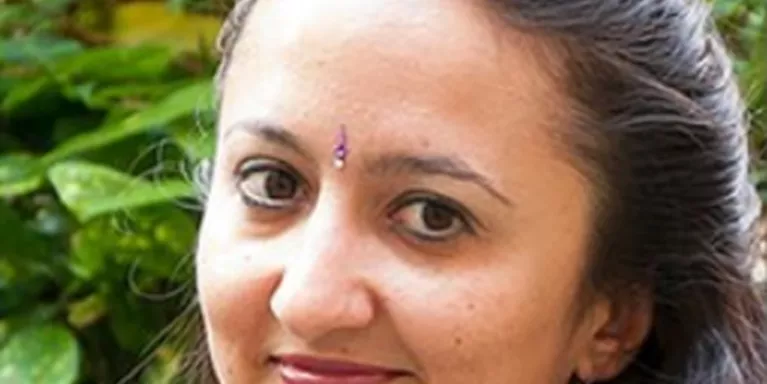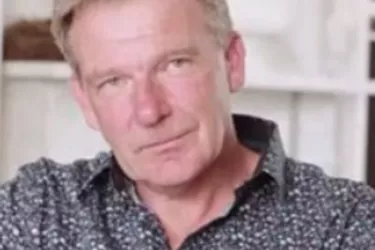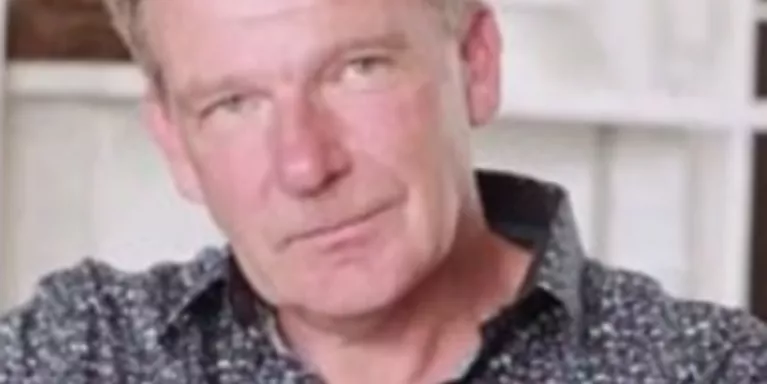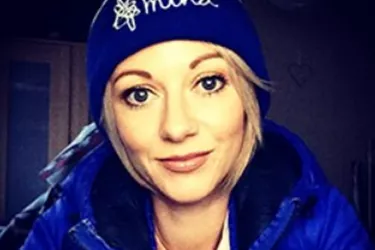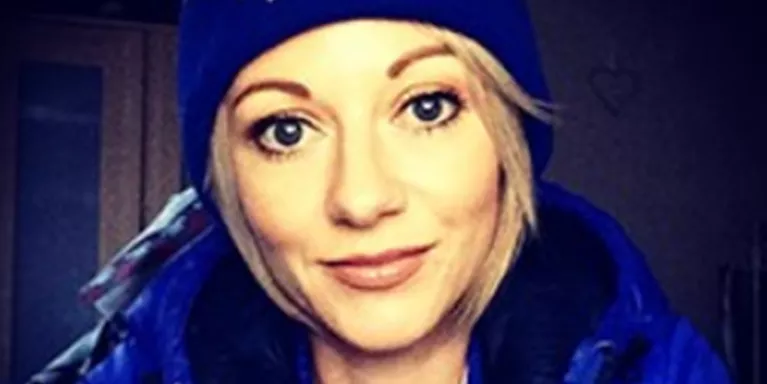How an LGBT+ friendly football team helped me overcome the anxiety of coming out
Marcel blogs about how getting involved in an LGBT+ friendly football team helped him to move forward from the anxiety of coming out, and how the Rainbow Laces campaign can help to shape a brighter future for LGBT+ people in football.
Marcel Graves is a college learning mentor living in East London. He plays for East End Phoenix FC.
I have always felt like the odd one out. Whether it was to do with my appearance, my unusual name in my Essex hometown, or the fact that I didn't see myself represented in the portrayal of LGBT+ people on TV, particularly gay men, growing up. I felt, to steal a famous Little Britain phrase, like the 'only gay in the village'.
The Rainbow Laces Campaign is a big deal for me personally because it’s a visible yet subtle way of saying that I belong here. As a Norwich City supporter, I am all too aware of how bad homophobia has been in football. I remember finding out about ex Norwich player Justin Fashanu's suicide when I was 14 and reading about his life and the struggles that he faced. At the time you would hear things like 'gays can't play football' and other derogatory comments. Football was my escape from my mundane existence and yet it was slamming a door in my face at the same time.
"When I was 23, I contemplated suicide rather than tell my parents that I was gay."
I had told other people by that point but not my parents. Like a lot of other gay men, telling my dad was the most onerous. It is difficult to describe how cathartic an experience it is to come out to somebody. Years, even decades, of internal strife is released. I had heard many dreadful stories of the aftermath of coming out and the anxiety in the build up to telling him was overwhelming. Having an interest in football meant that my dad in particular had no idea that I was gay. I was 'one of the lads'. Playing football with my friends at that time definitely helped me overcome this because not only was I getting the physical and mental benefits that come from physical exercise, but it also gave me a focus. When is the next game? What game is on TV this week?
When I moved to London in 2008 I immediately joined a LGBT+ friendly football team because I wanted to play football and be judged on my ability rather than risk rejection because of my sexual orientation. I had played with different mainstream youth teams and never felt comfortable in telling anybody there about being gay. Dressing rooms are very hyper-masculine at times and I would hear all of them bragging about the girls they were (allegedly) 'dating' and just sit there quietly hoping that nobody would ask me anything. I don't know what would have happened had I told my team mates but like a lot of young gay men, when coming out, you fear the worst. Especially because at the time, Justin was the only example of a top level player who had come out and his life came to a tragic and premature end.
That summer I played in the IGLFA World Championship in Regents Park which enabled me to meet other LGBT+ people who played and watched football from all around the world. It was eye-opening and inspiring to meet so many people with similar interests far removed from cliched gay stereotypes, and still be in touch with them today. Also this was only a year after I had been at my lowest ebb. I often get asked why I play for a LGBT+ team. I play for two reasons. Firstly, it provides a safe space to play and also it allows me to meet like-minded people in a space that doesn't revolve around bars and clubs, which felt at the time to be the only way of meeting gay people.
Something like the Rainbow Laces Campaign is a massive step in the right direction in eradicating discrimination from football. I like the fact that the discussion around LGBT+ people involved in football now is extremely positive and a campaign like this is being taken seriously by those at the top of the game. LGBT+ people have often played a peripheral role in the game as directors or as chairman (Elton John and Stephen Fry) but having an out gay man on the pitch will make a huge difference to the next generation. The laces may only be a token gesture to some but hopefully it can be a catalyst for a much brighter (rainbow tinted) future for LGBT+ people participating in football and other sports.

Related Topics

Information and support
When you’re living with a mental health problem, or supporting someone who is, having access to the right information - about a condition, treatment options, or practical issues - is vital. Visit our information pages to find out more.
Share your story with others
Blogs and stories can show that people with mental health problems are cared about, understood and listened to. We can use it to challenge the status quo and change attitudes.










